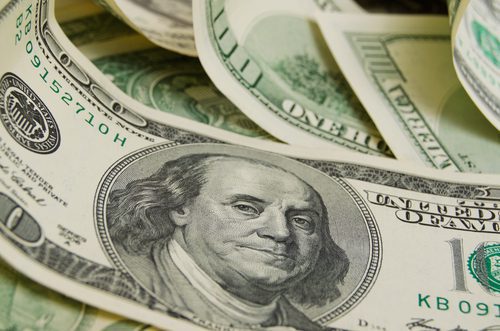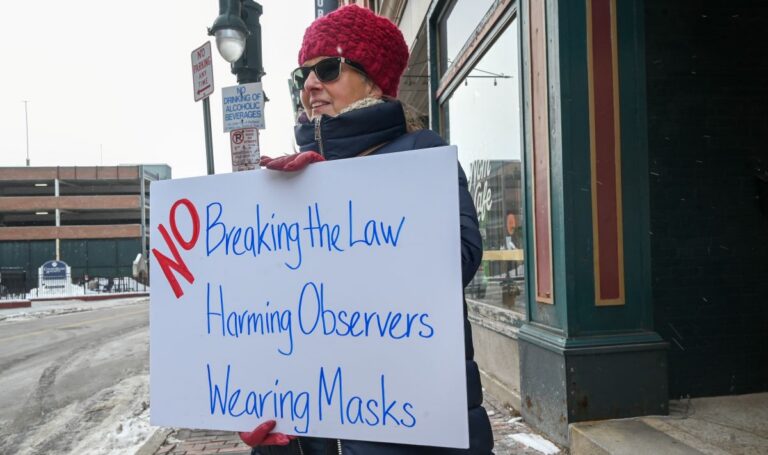Greece, Italy, much of the rest of Europe and the euro are big news these days.
Why should Mainers or other Americans care? Don’t we have enough of our own problems?
The answer is that, while we have made-in-U.S.A. problems, they risk getting worse if the financial situation in Europe continues to deteriorate.
Economists are increasingly looking back at how that happened once before, creating the Great Depression. The American economy entered a severe recession in 1929, but the depression did not begin until 1931 when an Austrian bank, called the Creditanstalt, failed. Panic among bank depositors that they could not get their money spread across Europe and then to the United States.
That panic led to a run on the banks, forcing those with insufficient cash reserves out of business, causing depositor losses and leading to a “bank holiday” when all banks were closed to allow the federal government to get the banks under tighter control and to stop the panic. Without being able to withdraw their funds, businesses collapsed, throwing millions out of work.
Because of government measures adopted in the 1930s, we believe that cannot happen here again. But we cannot be completely sure that all safeguards will work, if European banks begin to fail.
Today the world banking community is much more closely knit, allowing for more mutual help, but also increasing the chances for failure to spread.
One way that could happen would result from the large loans made among banks. European banks and governments might be unable to make scheduled loan payments to American banks. Then, our banks would weaken making it even more difficult for businesses to borrow than has become the case.
Some of the “too big to fail” American banks have also gambled on Europe, betting that the financial situation will not deteriorate too far. They have used a highly technical mechanism that boils down to providing insurance against losses. The banks have insured some doubtful European loans, much as they did with subprime housing lending in the U.S. How big is the risk? It is now more than half a trillion dollars.
If these banks get into trouble, the federal government would either have to bail them out or let them fail. A bailout would be almost politically impossible, but failures could cause business and personal bankruptcies on a major scale.
Even if another Creditanstalt is avoided, a massive slowdown in the European economy could send the United States back into recession. The European Union is the largest U.S. export market, accounting for 26 percent of all American exports of goods and services, including American firms operating abroad. When Europeans start buying less, Americans face cutbacks in production and sales that will boost already high unemployment.
The impact of Europe’s problems on American exports has already been sharp. From 2007, the last year before the recession began, through 2010, U.S. exports of goods and services to Europe have declined by 15 percent.
The currency used by many of the members of the European Union – the euro – is in trouble. Countries like Greece, Italy, Spain and Ireland have broken the limits on borrowing that they had pledged to observe, and that threatens lending countries like Germany and France, which have done much better. Now the strong have to bail out the weak and take on part of their risk. If not, the currency itself would collapse.
In the United States, that should not happen because the federal government manages the dollar and taxes. As a result, the dollar is getting stronger when compared with the euro. American goods become more expensive for the Europeans and European goods less expensive for Americans. American exports fall and imports increase. That hurts U.S. business and causes unemployment.
If you want to track how seriously these possible developments are taken, just look at the stock market reports every day. The price of a stock supposedly shows expectations of the future performance of a company. As news comes out of Europe every day, sometimes threatening and sometimes hopeful, the stock market responds sharply, making wide swings. In other words, bad news about the euro immediately shows up in sharp declines in American stock prices.
You don’t have to be a stock market investor to worry about European developments. If you are unemployed or concerned about your job because of the recession, Europe’s problems translate into a decreased chance of your finding or keeping a job. If you have less money to spend because your income is down, that undermines the recovery.
Europe will have to solve its own problems. There is relatively little the United States can do.
It can provide financial support to the International Monetary Fund, which plays a key role in trying to protect the value of the euro. The IMF can impose conditions on its help, which contributes to protecting countries not directly involved with the euro.
Americans may be dismayed by the new risks taken on by the big banks, threatening the possibility of more bailouts. A start has been made in improving regulation of big banks to prevent excessive risk-taking, but they are fighting the new rules. This area is likely to get more attention if the situation in Europe becomes more dangerous.







